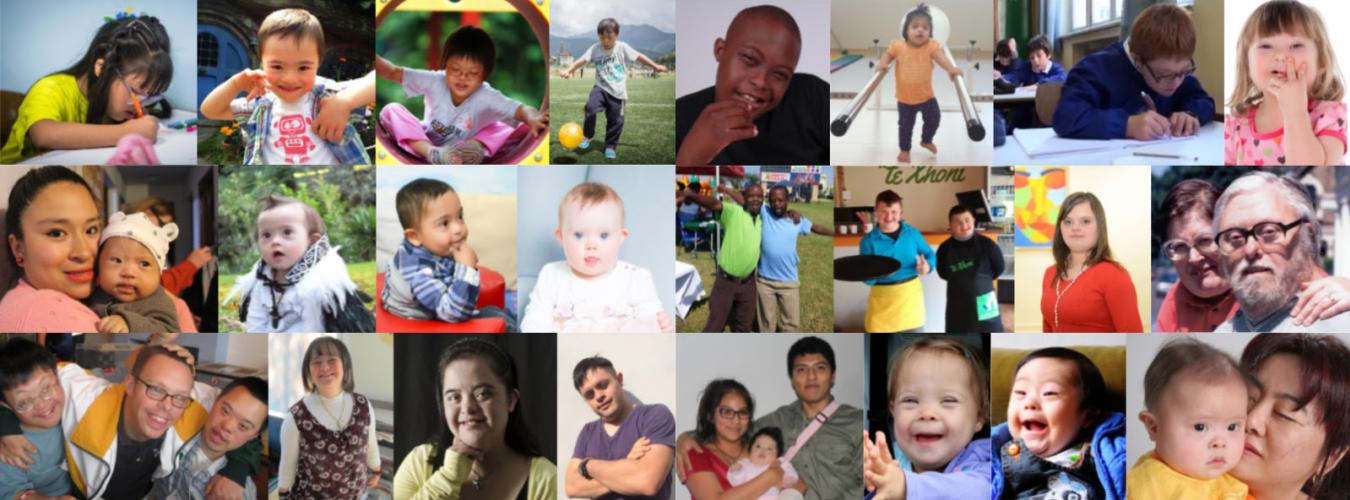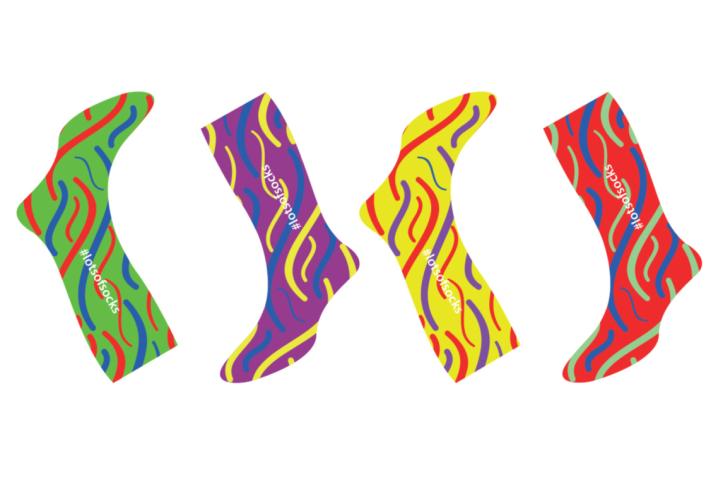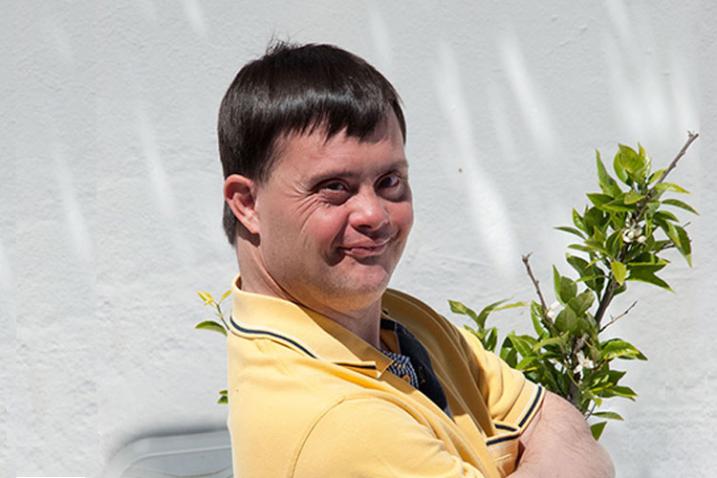Down Syndrome
Down syndrome occurs when an individual has an extra partial (or whole) copy of chromosome 21. It is not yet know why this syndrome occurs, but Down syndrome has always been a part of the human condition. It exists in all regions across the globe and commonly results in variable effects on learning styles, physical characteristics and health.
Adequate access to health care, to early intervention programmes, and to inclusive education, as well as appropriate research, are vital to the growth and development of the individual.
In December 2011, the General Assembly declared 21 March as World Down Syndrome Day (A/RES/66/149). The General Assembly decided, with effect from 2012, to observe World Down Syndrome Day on 21 March each year. In order to raise public awareness of Down syndrome, the General Assembly invites all Member States, relevant organizations of the United Nations system and other international organizations, as well as civil society, including non-governmental organizations and the private sector, to observe World Down Syndrome Day in an appropriate manner.
Background
The estimated incidence of Down syndrome is between 1 in 1,000 to 1 in 1,100 live births worldwide. Each year, approximately 3,000 to 5,000 children are born with this chromosome disorder.
The quality of life of people with Down syndrome can be improved by meeting their health care needs, including regular check-ups with health professionals to monitor mental and physical condition and to provide timely intervention be it physiotherapy, occupational therapy, speech therapy, counselling or special education. Individuals with Down syndrome can achieve optimal quality of life through parental care and support, medical guidance, and community based support systems such as inclusive education at all levels. This facilitates their participation in mainstream society and the fulfillment of their personal potential.
End the stereotypes
A stereotype is a set idea that people have about what someone or something is like. Stereotypes can be positive, negative or neutral, but they are often inaccurate, or simply wrong!
Stereotypes are often based on limited information or personal experience. They can be reinforced by the way something is represented in the media or by cultural messages. Once formed, a stereotype can be difficult to change.
For people with Down syndrome and intellectual disabilities, stereotypes can stop us from being treated like other people. We get treated like children, we are underestimated and we are excluded. Sometimes we are treated very badly or even abused.
For World Down Syndrome Day 2024, we call for people around the world to end the stereotypes.
Event
21-22 March 2024, the Down Syndrome International network will host the 13th World Down Syndrome Day Conference (WDSDC) at the United Nations headquarters in New York.
Documents
- World Down Syndrome Day (A/RES/66/149)
- UN Disability Inclusion Strategy
- Convention for the Rights of People with Disabilities
- Principles for the protection of persons with mental illness and the improvement of mental health care
- Promotion and protection of human rights: implementation of human rights instruments (Report of the Third Committee, A/66/462/Add.1)
- List of proposals contained in the reports of the Third Committee (Note by the Secretariat (A/C.3/66/INF/1)
UN System
- Secretariat of the Convention for the Rights of People with Disabilities
- Committee on the Rights of Persons with Disabilities
- WHO: Mental Health
- WHO: Genes and human disease
- WHO: Genes and chromosomal diseases: Down Syndrome
- UNESCO: Inclusive Education Programme
- UNESCO: Teaching Children with Disabilities in Inclusive Settings
The United Nations is not responsible for the content of external websites linked to from this page.
- Down Syndrome International (DSi): World Down Syndrome Day




